He Said "Good Luck... You're In God's Hands Now." This Is Their Remarkable Story
December 23, 2013
Written By John Blake for CNN
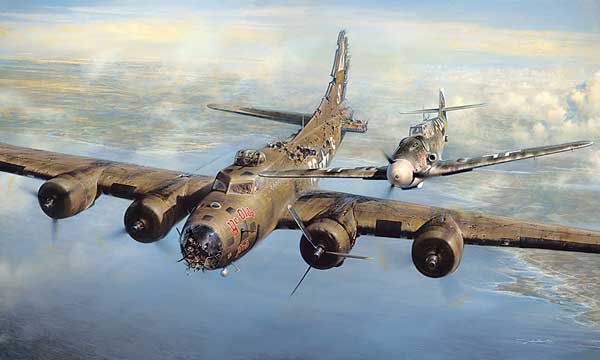
The pilot glanced outside his cockpit and froze. He blinked hard and looked again, hoping it was just a mirage. But his co-pilot stared at the same horrible vision.
"My God, this is a nightmare," the co-pilot said.
"He's going to destroy us," the pilot agreed.
The men were looking at a gray German Messerschmitt fighter hovering just three feet off their wingtip. It was five days before Christmas 1943, and the fighter had closed in on their crippled American B-17 bomber for the kill.
The B-17 pilot, Charles Brown, was a 21-year-old West Virginia farm boy on his first combat mission. His bomber had been shot to pieces by swarming fighters, and his plane was alone in the skies above Germany. Half his crew was wounded, and the tail gunner was dead, his blood frozen in icicles over the machine guns.
But when Brown and his co-pilot, Spencer "Pinky" Luke, looked at the fighter pilot again, something odd happened. The German didn't pull the trigger. He nodded at Brown instead. What happened next was one of the most remarkable acts of chivalry recorded during World War II. Years later, Brown would track down his would-be executioner for a reunion that reduced both men to tears.
Lt. Franz Stigler was standing near his fighter on a German airbase when he heard a bomber's engine. Looking up, he saw a B-17 flying so low it looked like it was going to land. As the bomber disappeared behind some trees, Stigler tossed his cigarette aside, saluted a ground crewman and took off in pursuit.
As Stigler's fighter rose to meet the bomber, he decided to attack it from behind. He climbed behind the sputtering bomber, squinted into his gun sight and placed his hand on the trigger. He was about to fire when he hesitated. Stigler was baffled. No one in the bomber fired at him.
He looked closer at the tail gunner. He was still, his white fleece collar soaked with blood. Stigler craned his neck to examine the rest of the bomber. Its skin had been peeled away by shells, its guns knocked out. He could see men huddled inside the plane tending the wounds of other crewmen.
Then he nudged his plane alongside the bomber's wings and locked eyes with the pilot whose eyes were wide with shock and horror.
Alone with the crippled bomber, Stigler changed his mission. He nodded at the American pilot and began flying in formation so German anti-aircraft gunners on the ground wouldn't shoot down the slow-moving bomber. Stigler escorted the bomber over the North Sea and took one last look at the American pilot. Then he saluted him, peeled his fighter away and returned to Germany.
"Good luck," Stigler said to himself. "You're in God's hands."
A mission to find the man who spared his life
Late in life the encounter with the German pilot began to gnaw at Lt. Charles Brown. He started having nightmares, but in his dream there would be no act of mercy. He would awaken just before his bomber crashed.
Brown took on a new mission. He had to find that German pilot. Who was he? Why did he save my life?
On January 18, 1990, Brown received a letter. He opened it and read:
"Dear Charles, All these years I wondered what happened to the B-17, did she make it or not?"
It was Stigler. He had had left Germany after the war and moved to Vancouver, British Columbia, in 1953. He became a prosperous businessman. Now retired, Stigler told Brown that he would be in Florida come summer and "it sure would be nice to talk about our encounter."
Brown was so excited, though, that he couldn't wait to see Stigler. He called directory assistance for Vancouver and asked whether there was a number for a Franz Stigler. He dialed the number, and Stigler picked up.
"My God, it's you!" Brown shouted as tears ran down his cheeks.
Brown had to do more. He wrote a letter to Stigler in which he said: "To say THANK YOU, THANK YOU, THANK YOU on behalf of my surviving crewmembers and their families appears totally inadequate."
The two pilots would meet again, but this time in the lobby of a Florida hotel.
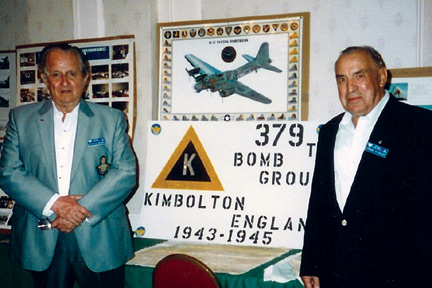
Photo: Adam Makos
One of Brown's friends was there to record the summer reunion. Both men looked like retired businessmen: they were plump, sporting neat ties and formal shirts. They talked about their encounter in a light, jovial tone.
The mood then changed. Someone asked Stigler what he thought about Brown. Stigler sighed and his square jaw tightened. He began to fight back tears before he said in heavily accented English:
"I love you, Charlie."
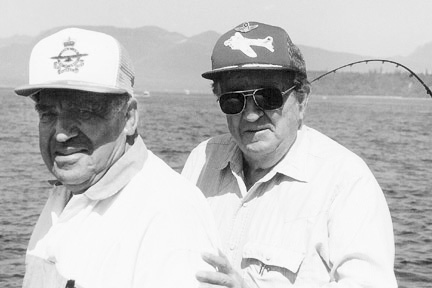
Photo: Adam Makos
Brown and Stigler became great pals. They would take fishing trips together. They would fly cross-country to each other homes and take road trips together to share their story at schools and veterans' reunions.
Click Here For The Most Popular On Sunny Skyz
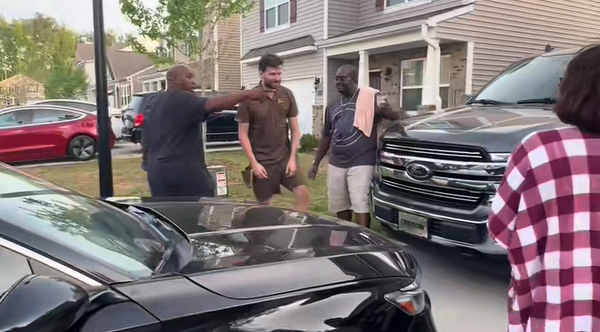 Family Cookout Turns Wholesome When UPS Driver Gets Waved Down
Family Cookout Turns Wholesome When UPS Driver Gets Waved Down
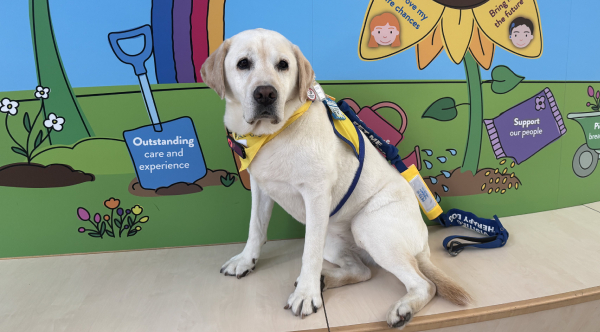 Holly The Dog Celebrates Her Final Day As 'Cuddle Manager' At ChildrenŌĆÖs Hospital
Holly The Dog Celebrates Her Final Day As 'Cuddle Manager' At ChildrenŌĆÖs Hospital
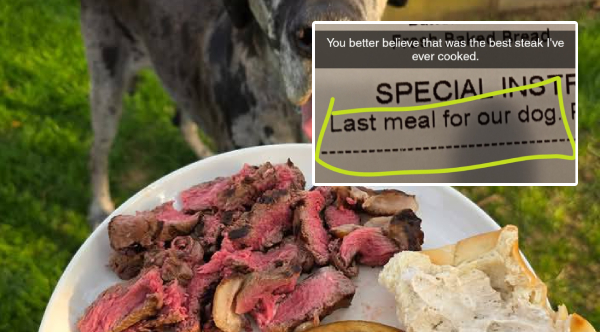 Texas Roadhouse Employees Go Above And Beyond For DogŌĆÖs Last Meal
Texas Roadhouse Employees Go Above And Beyond For DogŌĆÖs Last Meal
 10 Marriage 'Cheat Codes' That Actually Work, According To Men
10 Marriage 'Cheat Codes' That Actually Work, According To Men
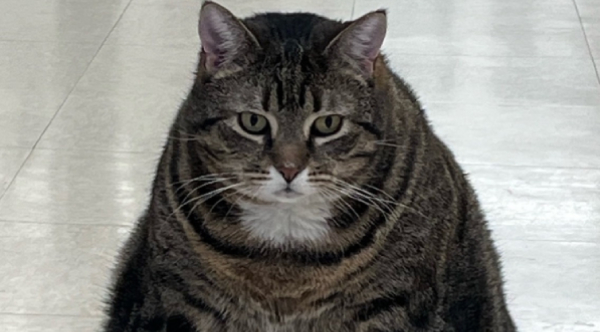 Big Cat Named Marcell Goes Viral, Gets Adopted With His Best Friend
Big Cat Named Marcell Goes Viral, Gets Adopted With His Best Friend
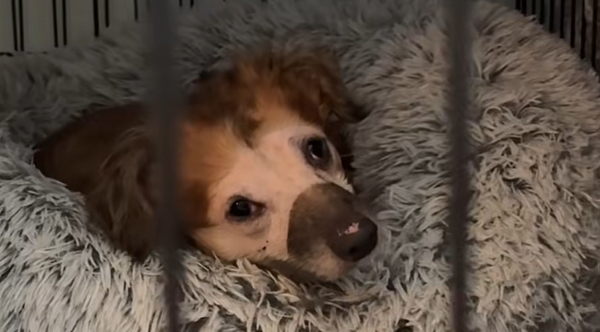 Extremely Fearful, Shut Down Foster Dog Finally Gives Humanity A Chance Again
Extremely Fearful, Shut Down Foster Dog Finally Gives Humanity A Chance Again
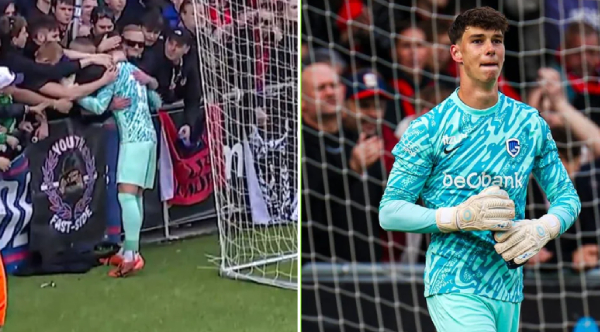 Goalkeeper Makes His Pro Debut The Week His Dad Dies. Watch What The RIVAL Fans Do
Goalkeeper Makes His Pro Debut The Week His Dad Dies. Watch What The RIVAL Fans Do
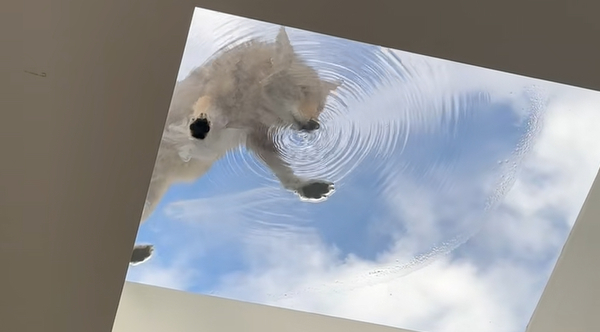 Caught On Camera: Coyote Drinks Water From A Skylight Window
Caught On Camera: Coyote Drinks Water From A Skylight Window
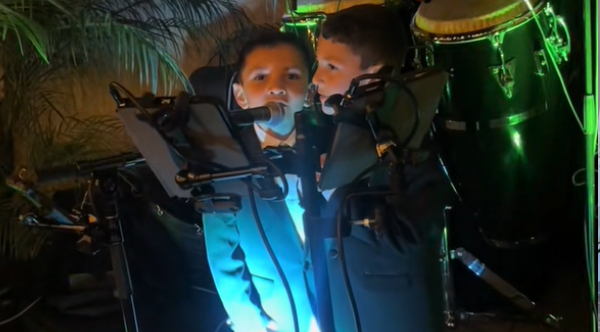 Two Little Boys Surprise Their Uncle With The Sweetest Wedding Gift
Two Little Boys Surprise Their Uncle With The Sweetest Wedding Gift
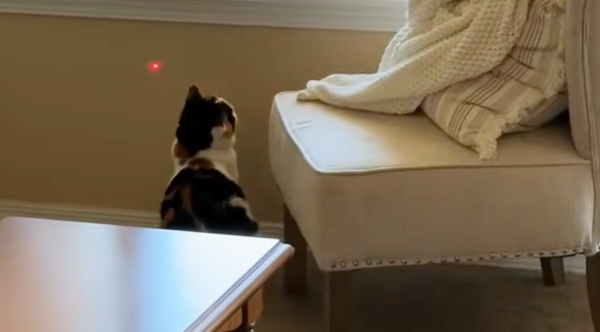 Owner Shares Video Of 'Things My Blind Cat Can't Do' And We Can't Stop Laughing
Owner Shares Video Of 'Things My Blind Cat Can't Do' And We Can't Stop Laughing
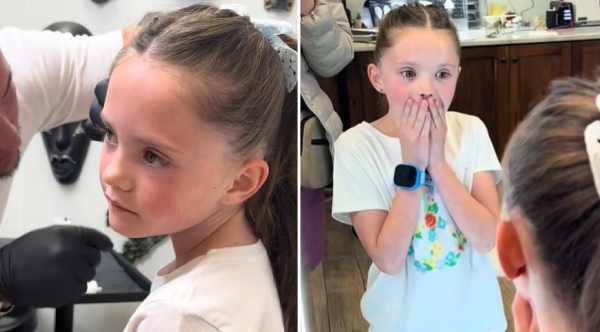 Watch This Pro Pierce A GirlŌĆÖs Ears Without Her Even Realizing It Happened
Watch This Pro Pierce A GirlŌĆÖs Ears Without Her Even Realizing It Happened
